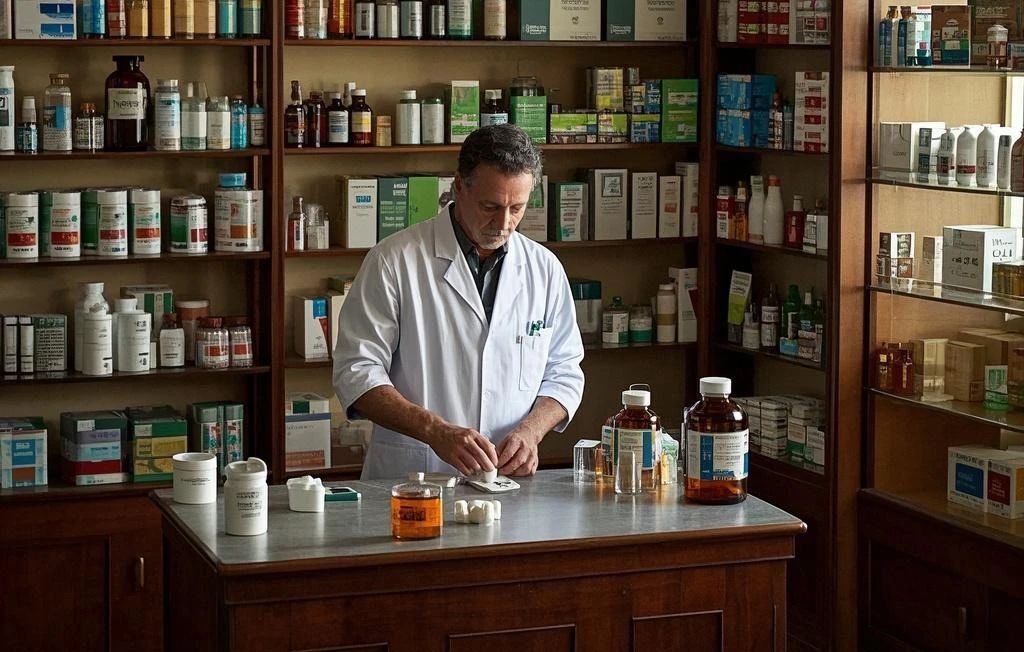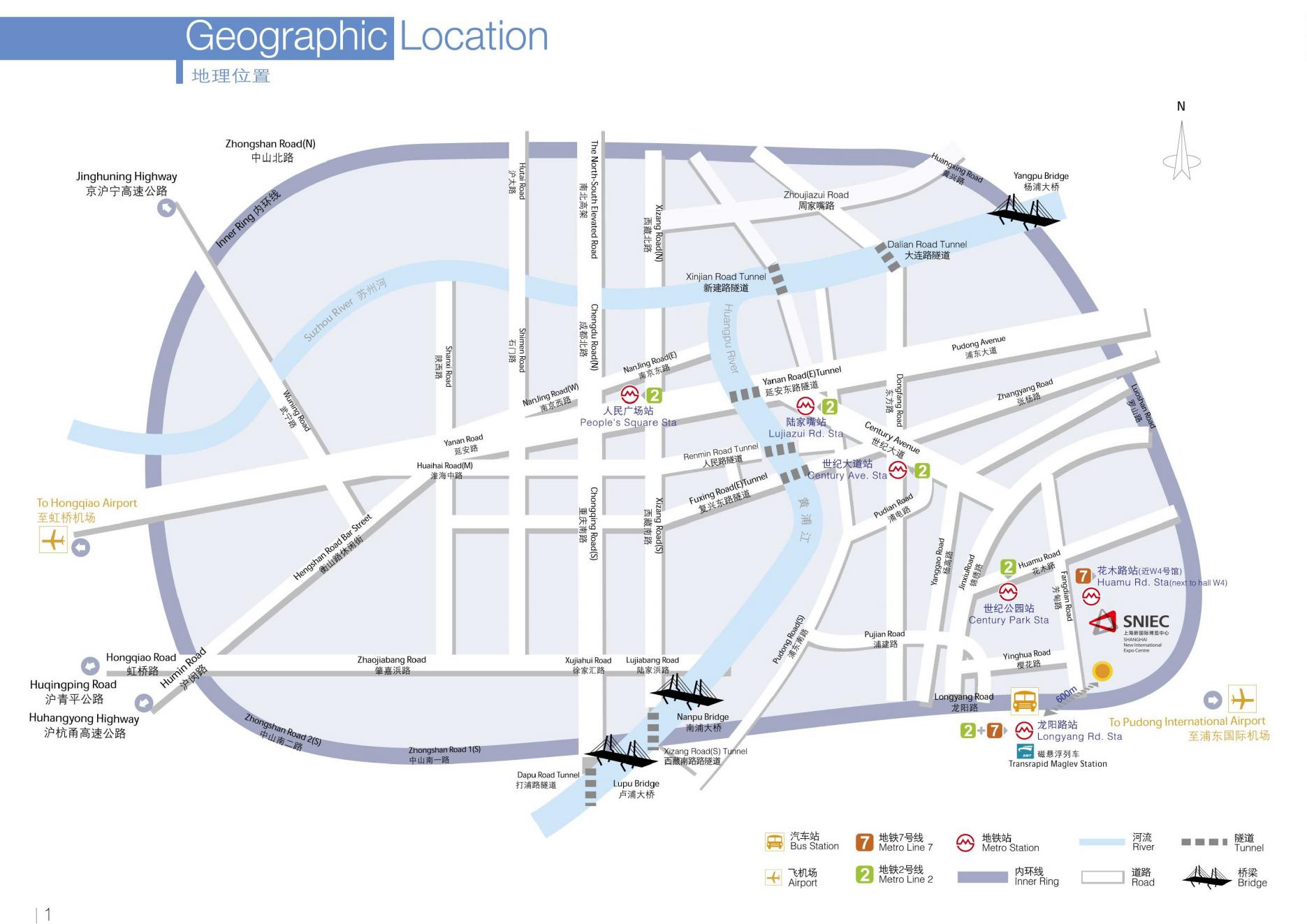Texas Children's Hospital, a leading pediatric healthcare system located in Houston, spends more than $440 million per year treating patients and is committed to providing high-quality healthcare services. However, the hospital's pharmacy team recently discovered that due to expired drugs, waste, diversion and other inventory management issues, the hospital lost more than $40 million per year, which is equivalent to 10% of its drug purchases. Faced with such a huge challenge, Mathen (Director of Pharmacy Clinical Application and Technology Services) and Craig Lane (Application and Technology Services Manager) decided to take action and find a solution.
After an in-depth inventory management audit and detailed workflow and model research, Mathen and Lane found that most inventory management problems are related to tracking difficulties caused by human factors. Mathen pointed out that any process that requires human contact and involves multiple states is prone to traceability issues, resulting in people often not knowing what they have and often purchasing more drugs than they need. This problem not only drives up costs, but also increases the risk of drug theft or diversion.
In order to completely solve this problem, Mathen and Lane decided to introduce radio frequency identification (RFID) technology and develop a new RFID system to track high-value and specialty drugs. Texas Children's had previously used RFID technology to streamline the refill process, but this time they decided to apply the technology to broader medication tracking.

In the new workflow, pharmacy technicians simply scan the high-value medication to generate a label with all the relevant information, which is then applied to the medication box. The box is associated only with that unique medication, ensuring the uniqueness and traceability of the medication. Next, the box is moved to the reconciliation station, where the technician scans the already verified medication label and applies the RFID tag to each unit within the box. This process eliminates the need for manual data entry, and the scanning process automatically transmits the data into the system.
In addition to streamlining the labeling and verification process, the new RFID system provides real-time reporting capabilities for the pharmacy team, allowing them to manage inventory more intelligently. The system is able to automatically generate a list of which medications are needed at the end of each day, ensuring that the pharmacy does not overstock unnecessary high-value items. At the same time, because hospital staff must use identification to access the medication warehouse, the health system can easily investigate potential misappropriation or excessive waste.
According to Mathen, the new system not only saves pharmacy staff a lot of labeling and data entry time, but also makes it easier to track medications across institutions. Now, the hospital can easily know the quantity and location of each medication, as well as who took what medication. This permanent inventory visibility and management feature enables the hospital to avoid ordering unnecessary medications, further reducing costs.
Currently, the new system has been put into use in two children's satellite hospitals in Texas and is being promoted on the campus of Texas Children's Center. Mathen said they have saved $50,000 at one site and hope to see more cost reductions. He also plans to expand the system in the future to help employees manage controlled substances. "We are very excited about this solution and its cost-saving potential," he added. "If we can get executives back millions of dollars this year by preventing this type of loss, it will be a huge win for us."
The move of Texas Children's Hospital to innovate drug inventory management with RFID technology is undoubtedly a successful attempt. By introducing advanced RFID technology, the hospital not only solved inventory management problems and reduced costs, but also improved work efficiency and safety, providing valuable reference and inspiration for other medical institutions.
This paper is from Ulink Media, Shenzhen, China, the organizer of IOTE EXPO (IoT Expo in China)


















